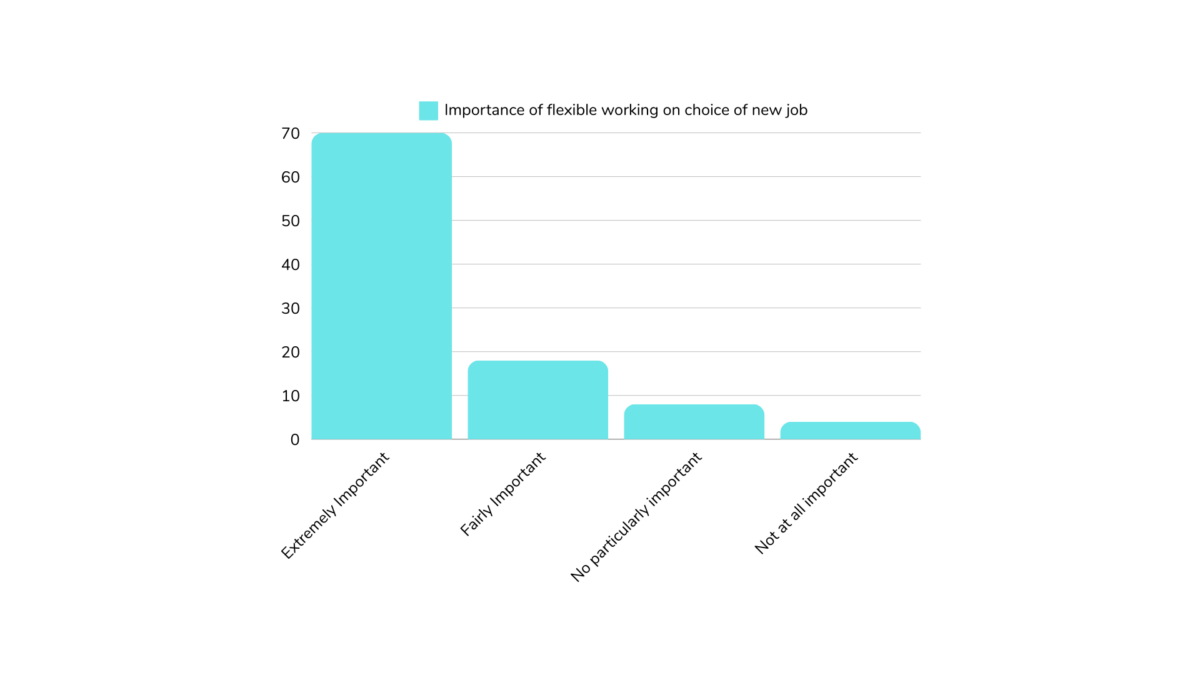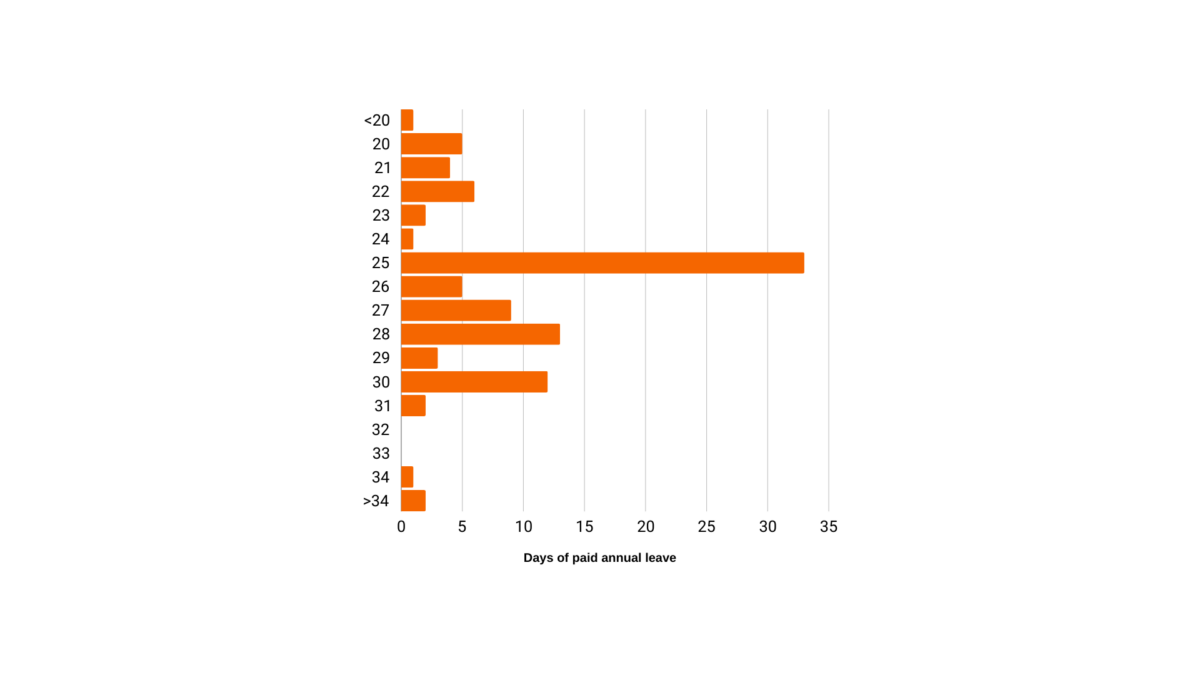Are you offering attractive employment packages? Are your working hours, working locations, holiday allowance and benefits in line with automotive industry standards?
This article is aimed at anyone involved hiring and recruiting for a UK automotive industry business. I’ll look at the key elements of an employee package and give you guidance on automotive industry standards. This will help you discover whether your organisation is offering competitive packages which will attract and retain the best people.
Today’s employees – including millennials and gen-Z’s are very switched on to what they want from an employer. They instinctively look for reviews and research before buying anything – and this includes taking a new job. To attract these people into your organisation, you’ll need to offer employee packages that meet their desires.
What constitutes employment packages?
Employment packages are made up of a lot more than just the basic salary. They also include bonus/commission, benefits, working hours, working locations and other less tangible elements including social events and perks. In this article I’ll look at each one in more detail. I’ll also share my knowledge of what the UK automotive industry standards are for each area.
Basic Salary
Basic salary will obviously depend on the job and experience level of the individual. For more detailed information on UK automotive industry salaries see the 2024 Copeland Automotive Industry Salary Guide. As an integral part of my recruitment service, I advise employers on market salary rates for their vacancies. Get in touch if you’d like to discuss any specific salaries with me.
Bonus or Commission
The opportunity to earn bonus or commission payments depends on the type of job a person is employed to do. As a recruiter to the automotive industry for over 20 years, my advice to employers is as follows:
Commission payments – by this I mean money an employee can earn based on achievement of sales targets or KPIs. These payments are mostly found in sales related positions. Employees consistently tell me they like commission structures that are: clearly communicated, achievable, & consistent. They also like there to be a large element based on individual performance (rather than company wide).
How much commission should you offer? A good commission scheme should pay for itself. It will be based on an individual’s sales performance so the more they sell, the more they can earn. What I regularly hear from employees is that they much prefer a commission scheme which pays out regularly over the year – at least quarterly – rather than as a lump sum at the end of the year. If you really want to attract the best sales people I highly recommend offering an un-capped commission scheme.
Bonus payments – unlike commission, bonus payments or profit share tend to be paid on an annual basis. They are very much dependent on organisational performance for the financial year. Some organisations opt to offer equity in lieu of bonus payments. My advice is to include an element (however small) of the bonus that’s based on departmental or regional performance. Its de-motivating for employees to miss out on bonuses because organisational performance is below budget – when their department has hit budget. Many employers make bonus payments subject to achievement of individual KPIs.
So how much bonus should you offer? Whist there are wide variations, bonuses offered by the automotive businesses I recruit for range from zero to 50% of basic salary. If you’d like more specific guidance on bonuses please contact me.
Pensions
UK law now requires employers to pay a minimum of 3% pension contributions to employees under ‘automatic enrolment’. Many automotive industry employers opt to offer much more generous pension contributions than the required minimum. This is often based on an employee’s level of contribution. Some employers increase their level of contribution according to grade or after a number of years’ service. Employer pension contributions that our clients offer range from the minimum 3% to 15%. The average offered is around 6% or 7% of basic salary.
Health and Insurances
Offering health care and a range of insurances and schemes is commonplace amongst automotive industry employers. The insurances include: life, critical injury, income protection etc. Schemes include cycle to work, gym membership. There are a wide range of suppliers who offer a package of benefits that employers can offer their employees. A current trend is offering more flexible benefits package whereby employees can select the benefits they wish to take up.
Working locations
The debate around working locations and flexible working is an ongoing one. During the Covid pandemic many employees became accustomed to working from home full time. Understandably things have changed since then but many employers still offer flexible/hybrid working. However having employees working remotely is not always conducive to good business and collaboration. We still see differences of opinion between employees and employers on this issue.
To try and gauge current employee feelings on this issue, we recently carried out a survey. We asked employees how important flexible working is in the choice of a new job. Here are the results:

As this demonstrates, hybrid working options are high on the agenda for many employees. It is something that employers should seriously consider offering. Our most recent survey found that 3 days (followed by 2) required in the workplace was the most common. Another newer trend is employers offering the ‘option to work from anywhere abroad’ for a limited number of days per annum.
Working hours
Full time working hours for B2B (non-retail) automotive industry jobs remains fairly standard at 37.5 and 40 hours per week. The trending issue here is not how many hours you require but when you need the hours to be completed. Many organisations are beginning to offer their employees more flexible working hours. This might be that all employees finish early on Fridays but works an extra hour Monday to Friday. Alternatively it may be more individually tailored. An example might be allowing time out for school drop-off and pick-up, which they then make up in the evening. The greater the flexibility the greater the benefit. An added benefit for employers is that offering more flexible working often attracts a more diverse range of employees.
Annual leave
The automotive industry norm for paid annual leave is 25 days. This is a question we ask in the annual Copeland automotive industry employee survey. Here are the results of last year’s survey (completed in November 2023):

Needless to say, employers who offer less than 25 days paid annual leave will probably be less attractive to employees.
Vehicles
The automotive industry tends to attract employees who like vehicles. This includes cars, bikes or vans or indeed any vehicle. From ‘petrol heads’ to those who simply appreciate a good vehicle, car benefits are highly prized by automotive industry employees. For field-based or regional roles its normal practice to include a car or car allowance. Equally most vehicle manufacturers include one or more cars in their employment packages.
Many larger automotive industry organisations are able to offer Employee Car Ownership Schemes (ECOS) as part of their employment packages. Alternatively you might choose to offer a company-owned vehicle scheme, salary sacrifice scheme or simply offer employees a car allowance. Each option has pros and cons and differing tax implications.
Nice extras
In the category of ‘nice extras’ I include things such as free food/drink, social events, games rooms etc. These elements are unlikely to be deal breakers in influencing an employee to leave or reject an offer. They will however undoubtedly contribute to overall company culture and employee satisfaction. More and more employers are now including these elements into their overall employee packages.
Final thoughts
Has this article has prompted you to re-visit your employment packages? If so, it’s worth considering which benefits are most valued by employees. In our last employee survey we asked employees two questions which should help you in your decision making:
Firstly we asked which benefits they currently receive (in addition to basic salary). Top answers were:
- Car/car scheme
- Healthcare
- Bonus
- Pension (standard 3%)
We then asked which single additional benefit would they most like to have. Top answers were:
- Company bonus
- Company shares
- Car/car scheme
- Health/dental care
This article for automotive industry employers – about employment packages – was written by Julia Pennington, Managing Director of Copeland Automotive Recruitment. I have over 20 years’ experience working with automotive industry businesses filling sales, marketing and operations jobs. Learn more about how I help businesses build great teams.
To discuss any of the issues raised in this article or for help with recruitment please get in touch.
…
Further Reading:
How to Build a Talent Pipeline
…

